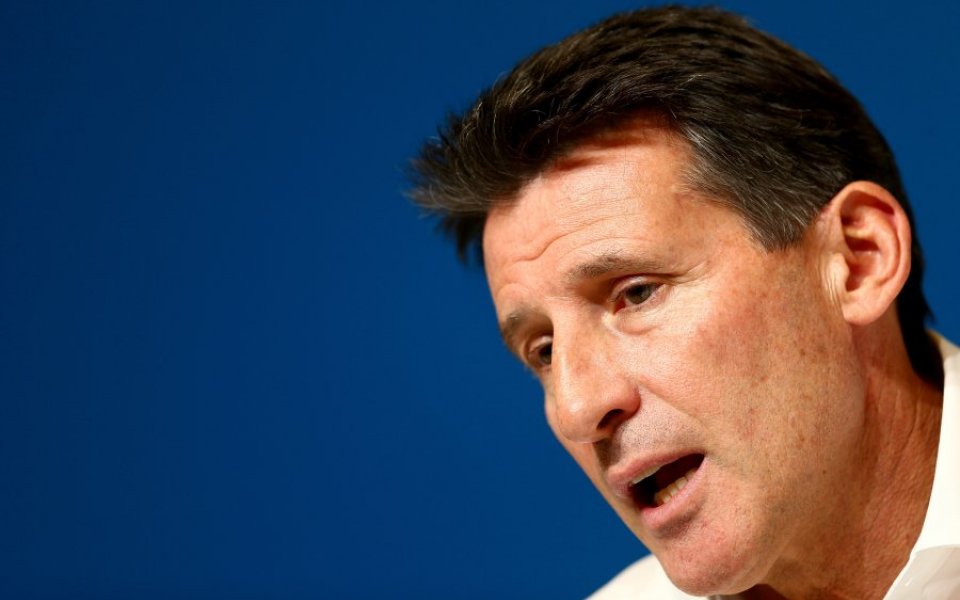Wada’s report on Russian athletics shows it’s been too easy to corrupt current anti-doping system

The long-awaited independent commission report of an investigation into allegations first revealed in a German TV documentary shocked but does not surprise those who remember state institutionalised doping of the 1970s.
The documentary itself was controversial, alleging doping practices, bribery and corruption in the Russian national anti-doping system involving national doping control officers, laboratory scientists, coaches and athletes.
However the Wada-commissioned investigation confirmed evidence of deliberate interference with anti-doping processes, destruction of samples to prevent further analysis and involvement of Russian intelligence officers in laboratory activities to manipulate results.
There is a strong hint of more to come. The report confirmed considerable information has been passed to Interpol regarding possible criminal conduct on the part of certain individuals and organisations. Further information will not be released so that ongoing investigations into activities of top IAAF officials are not compromised.
Systemic failures of the Russian anti-doping system and involvement of athletics sports officials will disappoint those who hoped the sporting world had become cleaner, fairer and safer under the World Anti-Doping Code than the drug scandals of the past.
The report findings spoke of the “deeply rooted culture of cheating”; “exploitation of athletes” to participate in doping; “confirmed cheating by athletes, doctors, coaches and laboratory personnel” and, astoundingly, corruption and bribery within the IAAF itself.
Next steps will be important for the credibility of sport and anti-doping. No-one should be complacent about how easy it has been to corrupt the current anti-doping system. Rather than protect athletes from doping it has allowed powerful leaders of sport to commit the ultimate betrayal.
Life bans for deliberate cheating must be applied. We need full governance reviews of decisions and actions. We must learn from this report. Anti-doping systems need checks and balances to ensure optimum outcomes.
We must move on from the cat and mouse game of trying to find athletes, pursuing inaccurate whereabouts information. We should require athletes to demonstrate they are drug-free, to be eligible to compete and to have our trust in their performances.
